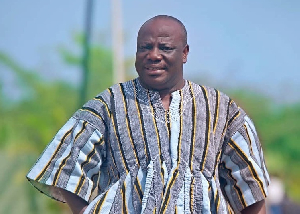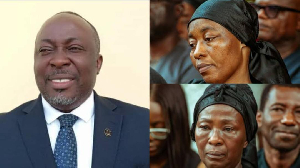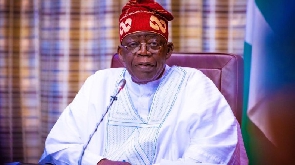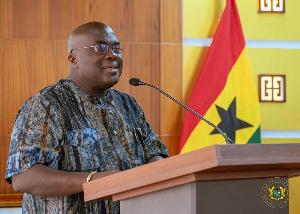"We are not in normal times, we need a cure, we need a vaccine.” Global institutions such as the WHO, Center for Disease Control (CDC), and health institutions in various countries have addressed the world (public) sharing these sentiments. Economies have been caught in the fangs of this treacherous enemy and many are near collapse if not already comatose. If humans need to be vaccinated, don’t economies too?
In this brief article, we would focus our attention on the Ghanaian economy and ask the searching question, after COVID-19, what next!
In recent times, the Government of Ghana (GoG) has been on a borrowing spree. Well, the economy needs to continue thriving amidst these circumstances. But, is the antidote unbridled borrowing like never before?
Nearing an election, and these debts keep on accumulating, are they for the sake of winning political points? Questions keep popping up on how to deal with these compounding issues.
During the peaked moments of the spread of the virus in Ghana, government spending and funds were channelled towards the health sector with the expectation of adequately increasing the country’s capacity in dealing with the virus spread. With available scarce resources, borrowing from the Bretton Woods institutions (IMF, World Bank) took swift pace.
This was understandable, quite a several interventions in supporting businesses to reduce the spate of wage cuts, firm losses and lay-offs.
Currently, resources seem to be channelled to other areas of the government’s interest and these seem election-motivated (an electioneering monster waiting to bite at us post COVID-19). So then, If all capital is used now hastily without economic planning, then what will be our situation post-COVID-19? Nonetheless, if this virus has come to stay, then this may be the country’s worst nightmare.
Indeed, Ghana’s economy needs a vaccine too!
Shall we look at another angle to this issue? Overtly or covertly, the country’s expenditure and borrowing have been increasing without a commensurate increase in the livelihood of Ghanaians. Why is this?
The answer to this question became more debatable after the Minister of Finance read the mid-year budget review. According to the Minister of Finance, the running theme undergirding the government’s policies and expenditure plans is to commit to investment and improve the lives of Ghanaians to access better opportunities.
In the review, the minister announced that the government successfully implemented the Free SHS policy which resulted in more than 1.2 million students been enrolled in SHS. The budget review also stipulated that the government invested in the agricultural sector, capacity payments and in jobless young adults. Almost all the economic indicators had increased in growth (data was speaking) but whether this growth trickled down to the individual citizen living in a small town is a question left for the ‘gods’.
Months of total coverage of water bills by the government to reduce the effects of the pandemic added a 1.2 billion expenditure. Over 600 million was spent on food provision with accompanying expenditures on masks, fumigation and other necessary tools needed for the virus control. Will the requested 11.8 billion be enough to instigate the deficit and efficiently sustain economic life and development? Is the stipulated CARES 100 billion program just sweet talk to shadow past deficits and favour the government in this political season? OR can it be counted as a good vision and possible step to economic development?
The President’s statement “we know how to bring the economy back to life” still lingers, yet where is the vaccine? The trajectory of spending needs to be reviewed so that the country does not die to “Ghanaian politics” but be sustained by the “economics of governance”.
Opinions of Friday, 4 September 2020
Columnist: Olivia Ibeh and Stephen A. Abankwah















